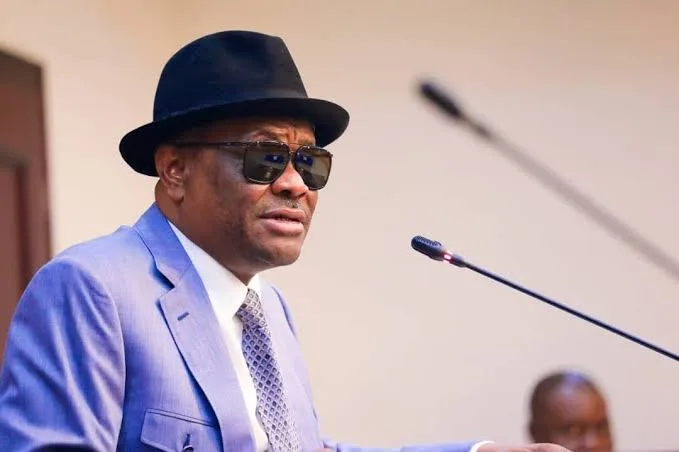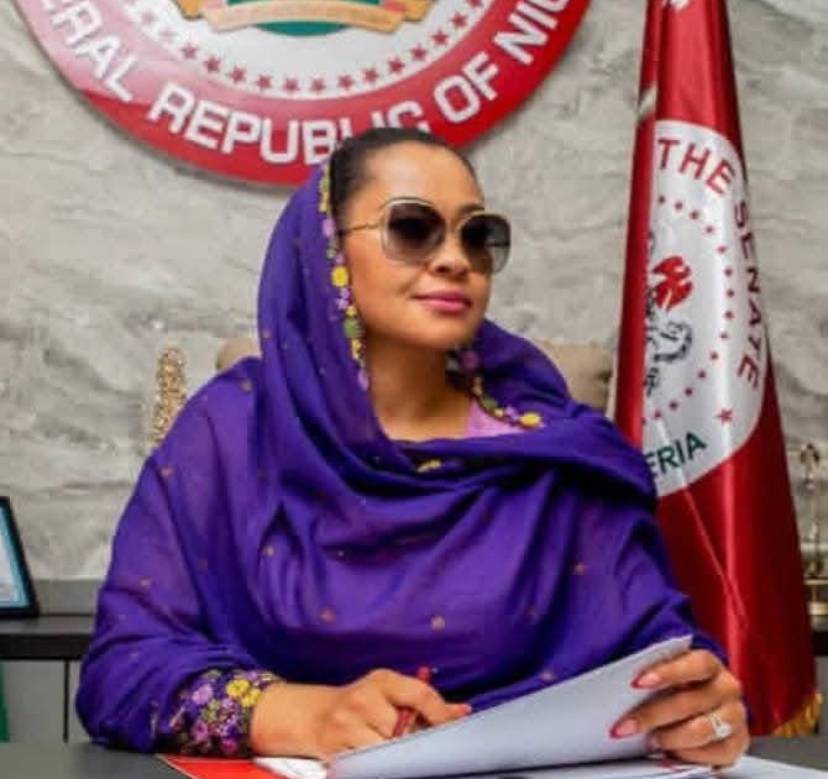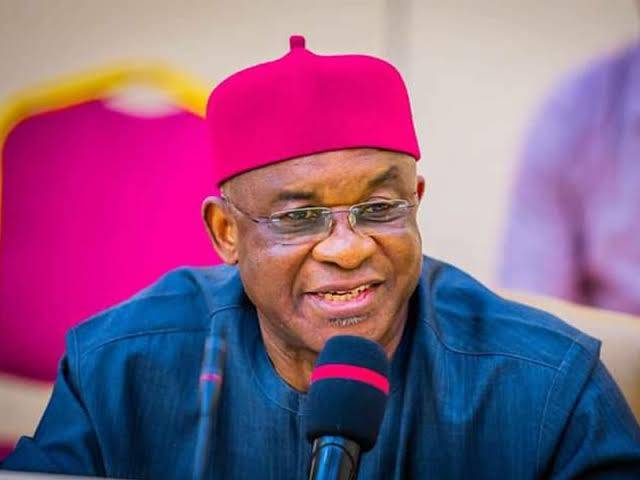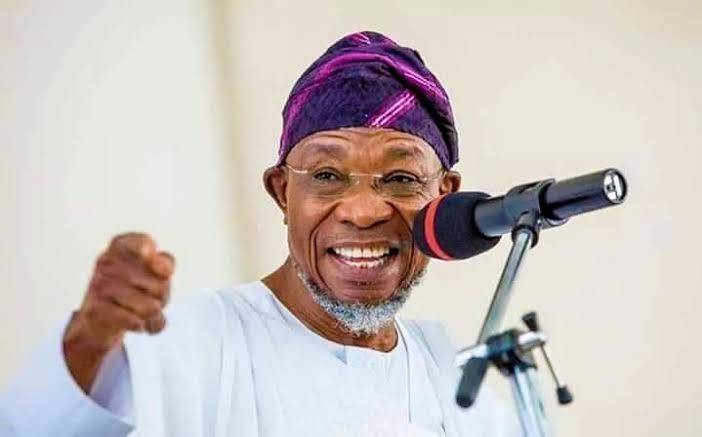The Federal Government invested N152 billion in digitisation of its activities in 2021, even as it revealed plans of migrating all government paper activities to paperless by 2030.
The Minister of Communications and Digital Economy, Prof. Isa Ali Ibrahim disclosed this during the Champion Day and Closing of 2021 Service Wide Capacity Building program on e-Government.
According to him, “the target of the Federal Government is to make sure that by 2030, we achieve a paperless government where emerging technologies like Blockchain that has data integrity and many more is guaranteed.”
Pantami maintained that the achievement of a paperless government is very possible because the government is desirous of digitising its processes.
He, however, posited that technology could not do it alone. “We must ensure that we train ourselves so that we manage the technology effectively for the betterment of our country,” he said.
While revealing that FG spent a total of N152 billion on digitalisation in 2021, he said it was “a quantum leap from the N9 billion spent in 2019 and 2020.”
He stated that the amount constitutes the total sum approved by the National Information Technology Development Agency (NITDA) for the Central Bank of Nigeria (CBN), the Nigerian National Petroleum Corporation (NNPC), Corporate Affairs Commission (CAC), Immigration, and Customs, among other agencies of government for the 2021 fiscal year.
He noted that the government was committed to the implementation of digitising its processes for effective service delivery. “To show us the level of implementation of the government’s digital services in the country from January to December 2021, NITDA, on behalf of the government, has approved the execution of 499 projects. However, the approved projects include the backlog of 2020 and 2019,” he noted.
Head of Service Civil of Federation (HoSCF), Dr Folashade Yemi-Esan disclosed that many Ministries, Departments, and Agencies of government were on the verge of digitalising their processes. She assured that by the end of the year, many successes would have been recorded in the nation’s journey to digitalisation.
While commending the Ministry of Communications and Digital Economy and its parastatals for the support in ensuring that processes at the Office of Head of Service for the Federation were digitalised, she noted that “the gestures would go a long way in assisting us to achieve our own dream.”
Yemi-Esan thanked NITDA for the role it is playing in getting the Office of Head of Service of the Federation a platform that would enhance digitalisation of government processes.
“I want to thank NITDA because we have been able to work together to get a platform the HoSCF would use for digitalization and right now we are working on approval for the platform,” she stated.
While describing the training as very apt because of all the technologies the government is putting in place, Dr Yemi-Esan urged the trainees to ensure that they replicate what they have learnt in their respective MDAs by training the other staff.
NITDA Director-General, who also doubled as the Council’s Chairman, e-Government Training Centre, Kashifu Inuwa, CCIE, said the Federal Government had trained 1,376 civil servants from 48 ministries, departments and agencies between November 2020 and December 2021 in the use of ICT.
He said the capacity building programme for civil servants was part of federal government’s e-Government Master Plan aimed at digitising every government process in all ministries, departments, and agencies (MDAs).











